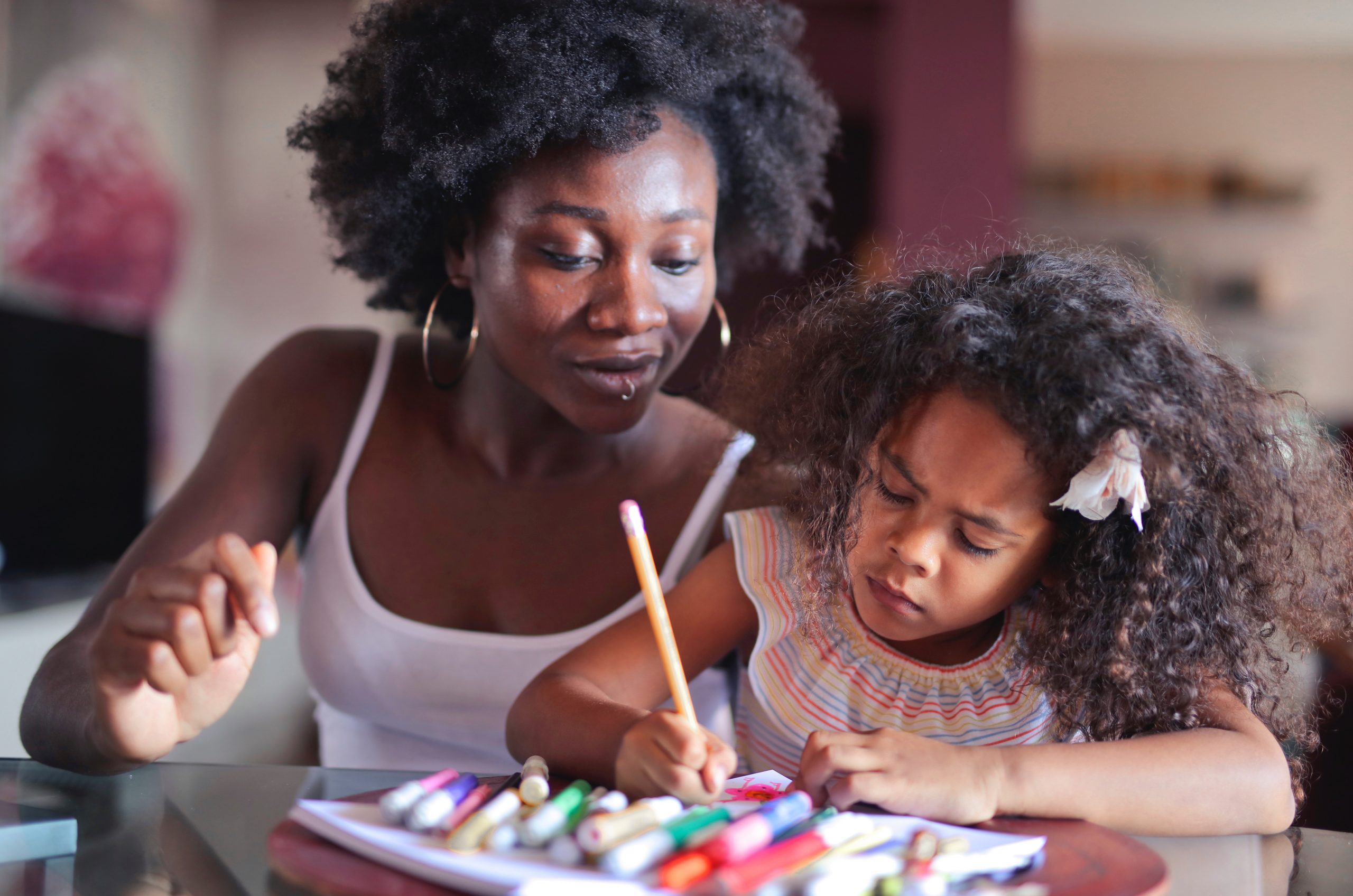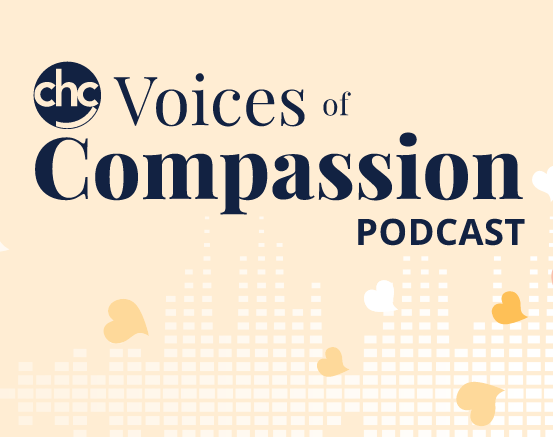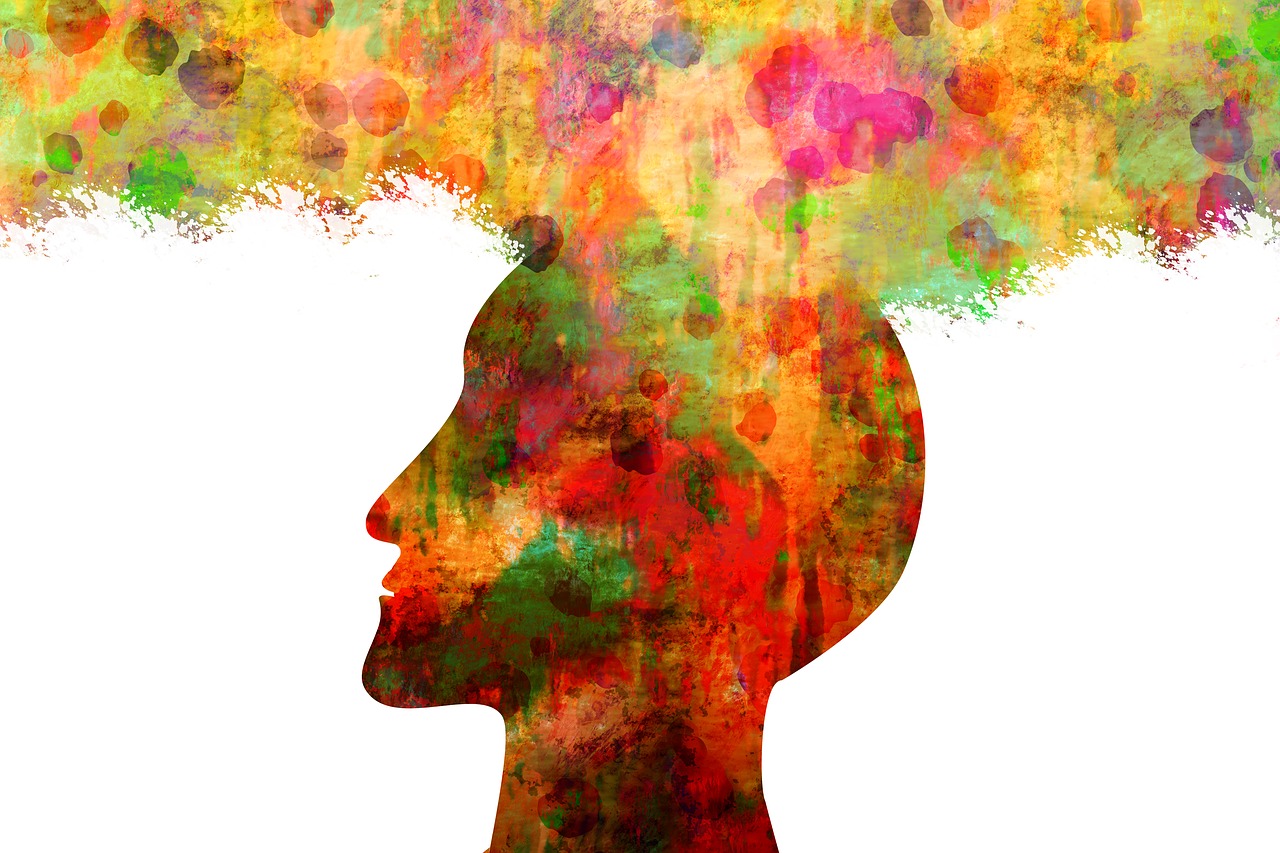The Pandemic Is a ‘Mental Health Crisis’ for Parents
 As we slouch into Month 7 of the pandemic, the mental health impact on parents remains significant and shows no signs of abating.
As we slouch into Month 7 of the pandemic, the mental health impact on parents remains significant and shows no signs of abating.
“This is a chronic destabilizing force to our lives, and to families and parents and children,” said Pooja Lakshmin, M.D., a clinical assistant professor of psychiatry at George Washington University School of Medicine. “We need to be treating this as a mental health crisis, and one that does not have an end we can see.”
Though many parents of young children across demographics are feeling increased levels of stress, two subgroups may be particularly at risk for clinical levels of anxiety and depression right now: women who are pregnant or recently gave birth, and parents who are struggling financially to meet their children’s basic needs.
Over the course of the pandemic, the biggest stressor for parents surveyed by the University of Oregon’s RAPID-EC project has been an inability to sufficiently feed, clothe and house their children, said Philip Fisher, Ph.D., the director for the Center of Translational Neuroscience at the university, who is leading the project. Over 60 percent of caregivers who are experiencing extreme financial problems reported emotional distress, compared with just over 30 percent of caregivers who have no financial issues.
So what can parents do to help bolster their mental health in this time of difficulty?
Lucy Rimalower, a licensed marriage and family therapist in Los Angeles, recommends asking yourself: What kind of self-care is realistic for you now, not six months ago? The old coping mechanisms you had may not be available any time soon, so if you can even take a tiny break for yourself every day, that’s better than nothing.
“Traditional therapy is fantastic,” but it’s not realistic or accessible for everybody, she added. Rimalower said asynchronous options like therapy apps that allow you to message therapists, rather than have a 50-minute video session, may be helpful for parents strapped for time.
Research shows that exercise (like that five-minute yoga video) and emotional connection (that simple text exchange) are also helpful in reducing stress.
At first, Dr. Fisher said, the researchers thought that when parents said they got emotional support from their children, they meant older children who were potentially helping care for the under-5 set. But when they dug into their data, they found that “people were finding their little ones to be a source of comfort,” he said.
Dr. Lakshmin encourages her patients to tap into new sources of meaning as a parent, whether that’s discovering pandemic-friendly ways to connect with your children, like early-morning bike rides, or creating moments to look forward to. “Little activities to plan can really break up the time,” she said, and be psychologically nourishing.
Excerpted from “The Pandemic Is a ‘Mental Health Crisis’ for Parents” in The New York Times. Read the full article.
Source: The New York Times | The Pandemic Is a ‘Mental Health Crisis’ for Parents, https://www.nytimes.com/2020/09/09/parenting/mental-health-parents-coronavirus.html | © 2020 The New York Times Company
A screening can help you determine if you or someone you care about should contact a mental health professional. CHC teletherapy services are available now. Call or email our Care Managers at 650.688.3625 or careteam@chconline.org to set up a free 30-minute consultation appointment.





